Meet Psychology Faculty

Faculty
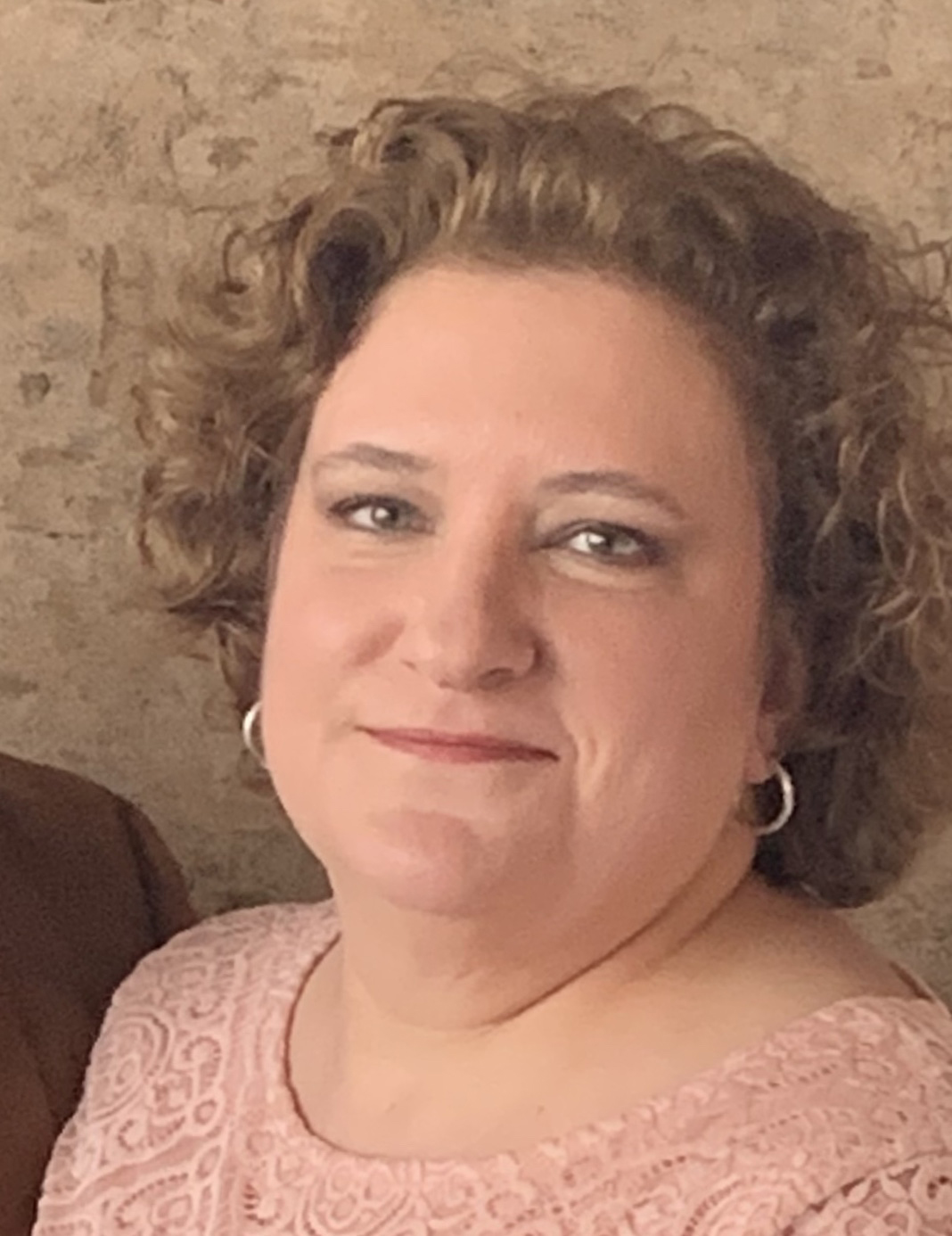
Brenda Nash, PhD
Chair
Advanced Clinical Emphasis Area
Advisor
Full professor
bnash@spalding.edu
Dr. Nash, a tenured professor, holds a Ph.D. in Counseling Psychology from the University of Kentucky. After completing her internship, she returned to her native Louisville and quickly became involved with Spalding, teaching as clinical faculty for nine years before joining the faculty full-time in 2006. From 2011-2020, she assumed the role of Director of Clinical Training, overseeing students’ practicum and internship placements. She was named the 2020 Spalding University Board of Trustees Faculty of the Year. Dr. Nash specializes in working with all forms of abuse, neglect, accidents, and loss. She approaches therapy from an interpersonal perspective and is also passionate about teaching students how to work effectively and compassionately with trauma survivors. She is licensed in Kentucky and maintains a small private practice where she routinely provides pro bono services. She is a member of APA and KPA, where she has also served as a past Executive Board member.
In 2020, Dr. Nash was appointed by Governor Andy Beshear to serve on the Kentucky Board of Examiners in Psychology and served as board chair January 2022 – June 2023. Also in 2022, the Kentucky Psychological Association named her Kentucky’s Psychologist of the Year.

Norah Chapman, PhD
Associate Chair
Associate Professor
nchapman02@spalding.edu
Dr. Chapman earned her Ph.D. in Counseling Psychology from the University of Kentucky. Her primary research interests are in evaluating components of psychotherapy process and outcome, both in person and via telepsychology, to develop evidence-based practices that increase the access to and quality of mental healthcare. Although Dr. Chapman uses an integration of interpersonal process, cognitive behavioral therapy and mindfulness theories to inform her work, her clinical approach is ultimately informed by a client-directed outcome-informed (CDOI) model. She is currently a member of the APA Division 17 Section for the Promotion of Psychotherapy Science, is involved with the Society for Psychotherapy Research and the KPA.
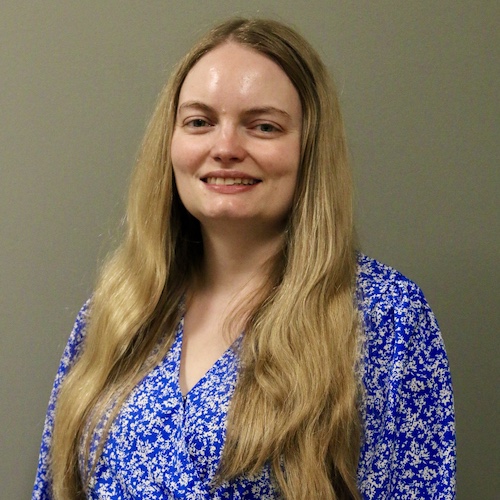
Anne Baumer, PsyD
Clinical Training Director, Master’s Program in Clinical Psychology
Assistant Professor
abaumer@spalding.edu
Dr. Annie Baumer completed her doctorate in Clinical Psychology at Spalding University. She completed her pre-doctoral internship at the University of Kentucky’s Counseling Center. The majority of Dr. Baumer’s clinical experience, both during her training and since graduating, has been with older adults in residential/nursing facilities and emerging adults in college counseling centers. Dr. Baumer mainly practices from an integrated psychodynamic – interpersonal orientation, and as a supervisor, she strives to be collaborative. Prior to joining the SOPP full-time as the Clinical Training Director of the MA program, Dr. Baumer served for several years on a part-time basis as the Associate Director of Clinical Training in the PsyD program. Outside of work, Dr. Baumer loves to explore new restaurants with her partner and friends.

Claire Beaulieu, PsyD
Director for the Center for Behavioral Health
Assistant Professor
cbeaulieu@spalding.edu
Dr. Claire Beaulieu received her PsyD in clinical psychology from Spalding University. She completed her internship at Grand Valley State University Counseling Center and worked for several years in Michigan before returning to Louisville. Dr. Beaulieu has worked in a variety of clinical settings, including university counseling centers, community mental health centers, and private practice. Her clinical interests include psychological assessment, anxiety, trauma disorders, and interpersonal relationships. She approaches therapy and supervision from an integrative (interpersonal, psychodynamic, cognitive-behavioral) perspective. As the Director of the Center for Behavioral Health, Dr. Beaulieu is passionate about training future professionals in her roles as a teacher and a supervisor.

Tom Bergandi, PhD
Professor Emeritus
tbergandi@spalding.edu
Dr. Bergandi holds a Ph.D. in counseling psychology from Ball State University and joined the Spalding faculty in 1985. His areas of professional expertise and interest are in long-term psychotherapy, forensic evaluation, organizational psychology, sports psychology and student retention. In addition to his university responsibilities, he sees clients in his private practice and consults for Business Visions, a national management consulting firm. He also consults with Kentucky’s Department of Public Advocacy. He is licensed in the states of Kentucky and Indiana, and is a member of the American Psychological Association (Division of Independent Practice and Consulting Psychology) and the Southeastern Psychological Association. He has appeared in multiple publications and presents in a variety of areas, but primarily in sport & exercise psychology.
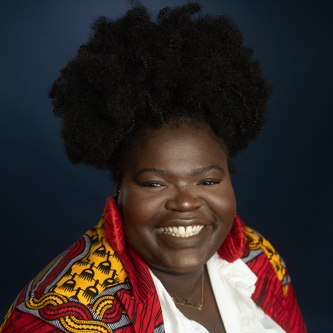
Lucille Gardner, PsyD
Director of the Collective Care Center
Assistant Professor
lgardner01@spalding.edu
Dr. Gardner is an alumna of Rutgers University where she studied psychology and music. She earned a MS in Clinical Mental Health Counseling from Indiana State University, and a MA and PsyD in Clinical Psychology from Spalding University. She completed her internship at the University of Illinois at Chicago where she worked with college students and survivors of political torture, before completing her postdoctoral fellowship within Student Wellness at The University of Chicago. Dr. Gardner has trained in a wide array of mental health settings including residential treatment, juvenile detention, community mental health clinics, private practice, and college counseling centers. Dr. Gardner is an integrationist. She believes in the nature of collective healing and the value of being grounded in both identity and community. Thus, her approach to therapy (thinking about, teaching about, and doing) is collaborative, contextually informed, trauma informed, affirmative, and prioritizes liberation. Dr. Gardner works to reconcile the relationship between evidence and practice for oppressed people as she establishes her place in the field of psychology through clinical work, leadership, and in the classroom.

Allison Fowler, PhD
Undergraduate Program Director
Assistant Professor
afowler02@spalding.edu
Dr. Fowler earned her Ph.D. from the University of Louisville in Educational Psychology, Measurement, and Evaluation, and is excited to be continuing her career as an Assistant Professor in the SOPP. A strong belief in the importance of education is at the core of Dr. Fowler’s research and teaching. Her background is rooted in the practice and pedagogy of a successful classroom, as she earned her B.A. in Elementary Education from the University of Kentucky. That training was the catalyst for her research, which examines the relationship between developmental theory, achievement motivation, and learning. She centers her teaching around fostering a positive classroom community in which both the students and herself can learn and grow, using the latest research and evidence-based strategies to aid in the process.

Steve Katsikas, PhD
Advanced Clinical Emphasis Area Advisor
Professor
skatsikas@spalding.edu
Dr. Steve Katsikas obtained his Ph.D. in Clinical Psychology from the University of Arkansas. He has taught both graduate and undergraduate courses in psychopathology, child/adolescent psychopathology, tests and measurement theory, and advanced quantitative methods. He served as the Chair of the School of Professional Psychology for 13 years. He has been an active member of the Kentucky Psychology Association, most recently as the President of the Kentucky Psychological Association and Convention Chair. Dr. Katsikas’ clinical interests are in the area of child and adolescent assessment and treatment of children with behavioral difficulties. His research interests include virtual reality applications in clinical psychology (he has developed a VR meditation app that is available in the Oculus Quest 2 app store) and the effectiveness of psychedelic medicine, specifically Ibogaine, for the treatment of opiate addiction, post-traumatic stress, and depression. His most recent publications are in the areas of benzodiazepine impact on neuropsychological functioning, effects of Ibogaine on substance misuse, and the role of forensic social workers in the courtroom. He has also published on such diverse topics as the psychometric properties of the Rorschach Inkblot Technique, juvenile fire setting, cross-cultural differences in childrearing practices, computer use among the elderly, and the effects of psychostimulants on weight change in children.
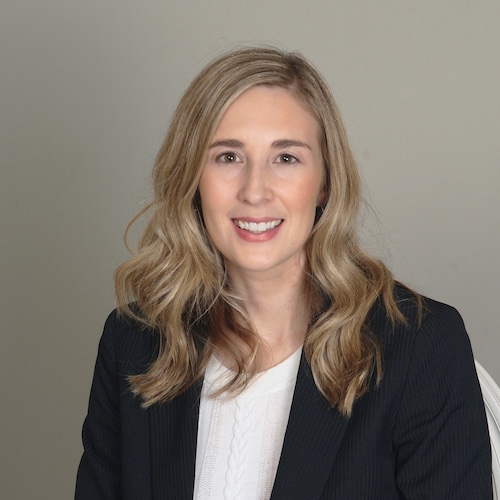
Kayla LaRosa, PhD
Assistant Professor
klarosa@spalding.edu
Dr. Kayla LaRosa obtained her Ph.D. and Ed.S. in School Psychology with an Emphasis in Pediatric Psychology from the University of South Florida. In addition, she completed her M.S. In Counseling Psychology with the University of Kentucky. She has nearly 10 years of experience working with youth and their families in medical settings, including previously serving youth with cancer and their families at Norton Children’s Medical Group and the University of Louisville. In this role, she also served a portion of her role as the Chief of the Pediatric Consultation-Liaison Service and the Director of Fellowship Training. Prior to this, she completed a 2-year post-doctoral fellowship with St. Jude Children’s Research Hospital where she specialized in hematology/oncology and behavioral sleep medicine. In addition, Dr. LaRosa has expertise in perinatal mood and anxiety disorders, parenting, and early childhood and is certified in Perinatal Mental Health and Parent-Child Interaction Therapy (PCIT therapist and Within Agency Trainer). Finally, Dr. LaRosa is active in research with a particular emphasis on sleep and circadian disruption in pediatric brain cancer. Dr. LaRosa is the Chair of the Clinical Practice Committee for the Young Pediatric Persons Division 54 Special Interest Group of APA. She was previously appointed by Governor Andy Beshear to serve on the Kentucky Pediatric Cancer Research Trust Fund board. She maintains a small private practice called Building Blocks Parenting, focused on the health and well-being of youth and their families.

Ken Linfield, PhD
Professor Emeritus
klinfield@spalding.edu
Dr. Linfield earned his degree in Clinical/Community Psychology at the University of Illinois at Urbana/Champaign with a minor in quantitative psychology. His interests include various elements of religious faith and spirituality, and the relation of religion and spirituality to a broad range of Mental Health issues, including positive elements such as well-being. In addition, he maintains an interest in many elements of research and analysis such as multivariate techniques, structural equation modeling, and qualitative as well as quantitative data analysis.

David Morgan, PhD
Professor Emeritus
dmorgan@spalding.edu
Dr. Morgan earned his degree in experimental psychology with an emphasis in human operant behavior from Auburn University. He maintains interests in behavioral epistemology, single-subject research design and the impact of human behavior on the natural environment. His recent textbooks include Essentials of Learning and Cognition (Waveland Press, 2007) and Single-Case Research Methods for the Behavioral and Health Sciences (Sage, 2009) coauthored with Robin K. Morgan of Indiana University Southeast. Dr. Morgan has contributed numerous articles in professional journals, including The Behavior Analyst, The Psychological Record and Teaching of Psychology.

Lee Penn, PhD
Director of Geropsychology Emphasis Area
Assistant Professor
lpenn01@spalding.edu
Dr. Penn earned his PhD in Counseling Psychology from the University of Maryland, College Park. He completed his doctoral internship and postdoctoral fellowship training in geropsychology, and in addition to teaching in the PsyD program within the SOPP, maintains a clinical practice in community nursing home facilities. He is passionate about working with students interested in adult and elderly populations with an emphasis in Health Psychology, Neuropsychology, and Rehabilitation Psychology. His research interests include fostering coping strategies for older individuals, navigating career adjustment difficulties, and the marriage of the two as well as program development and evaluation. He has published in the Journal of Counseling Psychology and the Journal of Career Assessment, and in his free time he enjoys writing self-help books including the newly released Golden rules of retirement. He is licensed to provide psychotherapy in Kentucky and Indiana.
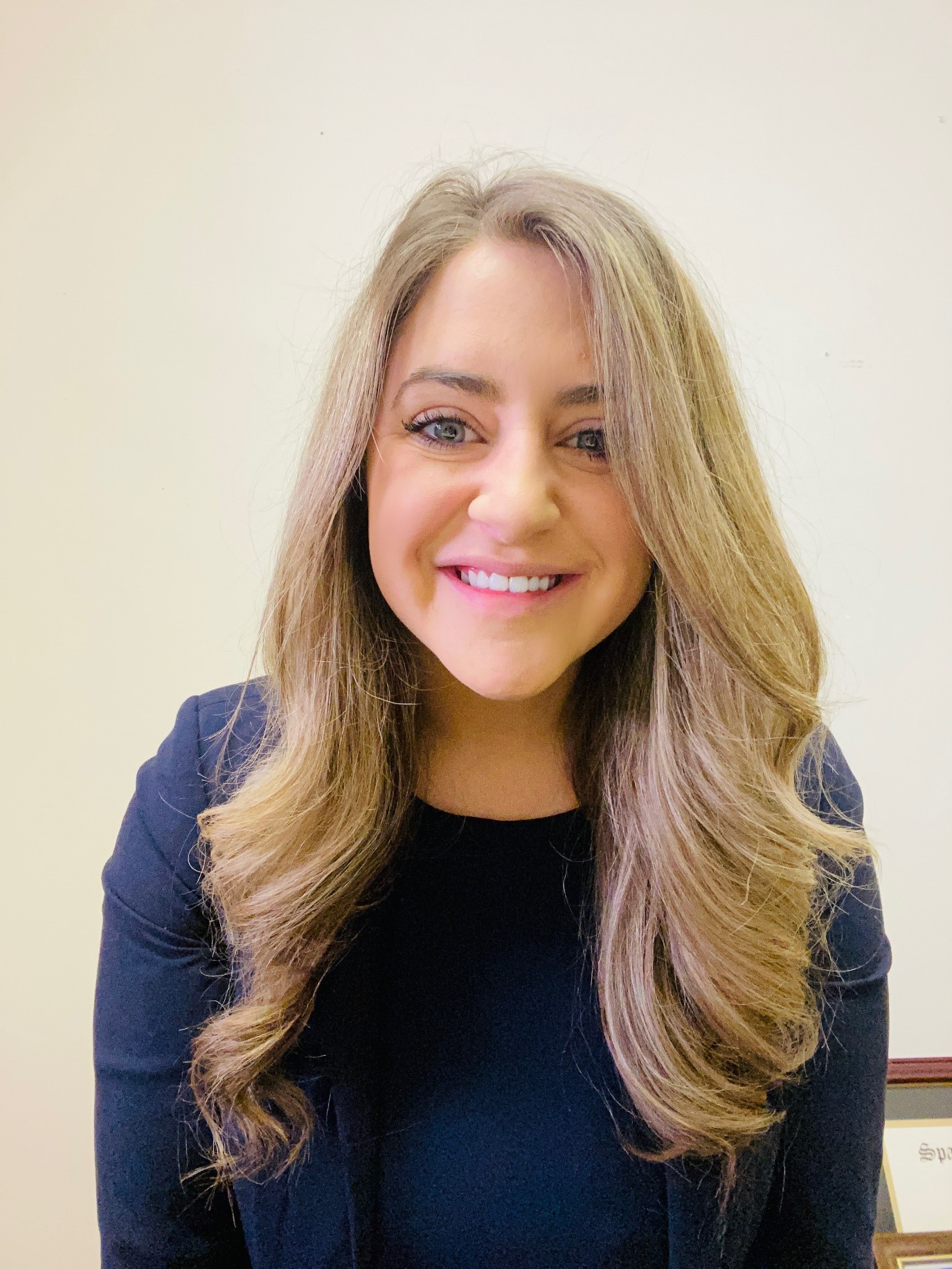
Hannah M. Richardson, PsyD
Director of Neuropsychology Emphasis Area
Assistant Professor
hrichardson02@spalding.edu
Dr. Richardson is a Clinical Neuropsychologist with a wide range of experience working with neurologically compromised individuals throughout their lifespan. She is a Louisville native and a graduate from Spalding University’s School of Professional Psychology Program. Following graduate school, she received neuropsychological-specific internship training at the third largest Veteran’s Affair Medical Center in the country, the Louis Stokes Cleveland VA Medical Center. To continue her career, she received advanced training through a fellowship in neurology, neurosciences, and rehabilitation at the University of Toledo Medical Center. As a recipient of the Women in Neuropsychology Award, Dr. Richardson aims to provide mentoring and clinical experiences to promote well-rounded training in clinical neuropsychology.
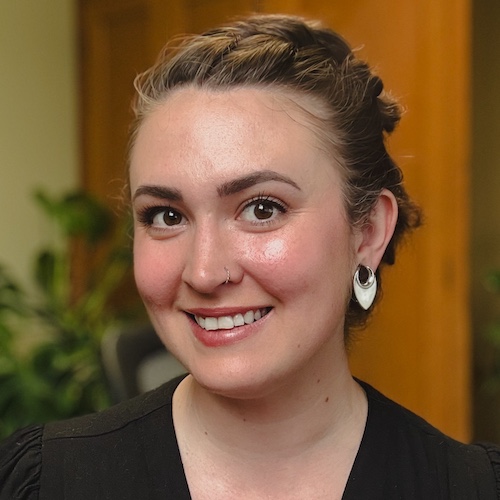
Jen Schager, PsyD
Director of Master’s Program in Clinical Psychology
Assistant Professor
jschager@spalding.edu
Dr. Schager earned her Psy.D. in Clinical Psychology from Spalding University School of Professional Psychology. She completed her doctoral internship training at the Louis Stokes Cleveland VA Medical Center in health psychology. Following graduate school, Dr. Schager worked in a variety of settings including inpatient psychiatry at both Central State Hospital and Robley Rex VA Medical Center. She also spearheaded the first Mental and Behavioral Health Integration (MBHI) initiative embedded within a Chronic Pain clinic at the G.V. Sonny Montgomery VA Medical Center in Jackson, Mississippi before returning to Louisville. Clinically, Dr. Schager maintains a caseload of individual and group psychotherapy clients in her private practice, with a focus on issues related to ADHD, burnout, motherhood, perfectionism, and military spouses/federal workers. Her research interests include the cross-section of rural communities and health, as well as the experience of motherhood in the context of societal standards.

Mike Starling, PhD
Advanced Clinical Emphasis Area Advisor
Assistant Professor
jstarling@spalding.edu
Dr. Starling earned his Ph.D. in Educational Psychology from Ball State University, with a focus on quantitative methods and learning theory. Combined with an M.A. in School Psychology, also from Ball State, he has a unique, integrated perspective on cognition and behavior, and an appreciation of both clinical and academic settings. His interests include the scholarship of teaching and learning, systems, evaluation, and cognitive-affective models of behavior. He is passionate about training processes and how they interact with the full range of learner variables. This informs his research and also guides his instructional focus on building a supportive community of inquiry where students feel free to engage in the process of developing their skills regardless of where they currently stand.
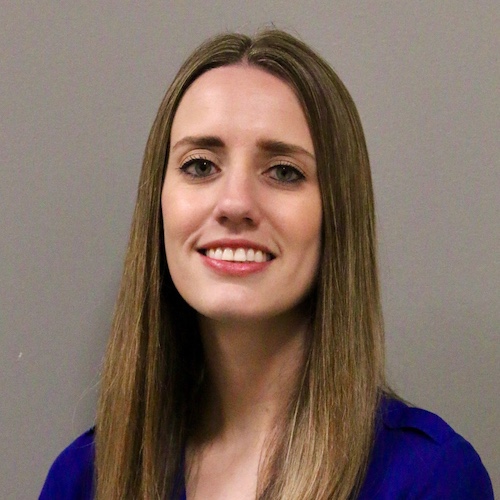
Kelsey Stout, PsyD
Director of of Forensic Psychology Emphasis Area
Assistant Professor
kstout01@spalding.edu
Dr. Stout earned her doctorate in clinical psychology from Spalding University. She completed an APA-accredited predoctoral internship at the Jefferson County Internship Consortium here in Louisville. Following internship, Dr. Stout completed a forensically specialized postdoctoral fellowship with Marvin & McCrary Forensic Evaluation Services, conducting forensic mental health assessments of parents and children in court-involved cases specific to allegations of child abuse/neglect. She also has experience conducting court-ordered competency and criminal responsibility evaluations as well as psychological assessments of children in community and residential treatment settings. Dr. Stout joined the SOPP as adjunct faculty in 2020 and has served as a member of the clinical faculty since 2022. She is thrilled to have returned to her alma mater as the Director of the Forensic Psychology Emphasis Area.

Andrea S. Westfall-King, PsyD
Director of Clinical Health Psychology Emphasis Area
Assistant Professor
aking09@spalding.edu
Dr. King earned her PsyD in Clinical Psychology from Spalding University, where she specialized in health and pediatric psychology. Dr. King completed her internship in pediatric psychology at Cincinnati Children’s Hospital and Medical Center and an NIH-funded fellowship at Nationwide Children’s Hospital. Her clinical and research interests pertain to youth adherence to medical treatment regimens, specifically as it relates to self-management and the family’s negotiation of treatment allocation. Clinically, Dr. King practices mindfulness-based therapies, mainly acceptance and commitment therapy (ACT). She enjoys teaching and mentoring student psychologists, focusing her efforts on training students to practice evidence-based psychology in complex and dynamic medical settings.

DeDe Wohlfarth, PsyD
Full professor
dwohlfarth@spalding.edu
Dr. Wohlfarth, a tenured full professor, loves to teach. She has made teaching the focus of her research endeavors and is actively collaborating with students on a number of teaching-focused projects. She frequently presents at national and international teaching conferences and has been a featured speaker at the Lilly Conference on College Teaching. She has won the Metroversity Award for teaching excellence in 2001 and 2003, and the Trustees Award for Outstanding Faculty in 2004. Wohlfarth’s clinical expertise focuses on the needs of children with severe emotional and behavioral challenges. Currently, she maintains a private practice and is a licensed clinical psychologist in Indiana and Kentucky. She also serves as a consulting psychologist, supervising students working as clinicians. Her treatment philosophy is systemic, family-centered, evidence-based, practical, and strengths focused. She is a member of both the American Psychological Association and the Kentucky Psychological Association and serves as an Ambassador for KPA.

Amy Young, PsyD
Director of Clinical Training
Associate Professor
ayoung01@spalding.edu
Young received her Psy.D. in Counseling Psychology from Carlow University. Dr. Young’s passion for mental health concerns previously connected her to Mercy Behavioral Health, a legacy program of the Sisters of Mercy of the America’s ministry in Pittsburgh, Pennsylvania. There she provided comprehensive mental health and substance abuse services for eleven years. Her research interests include trauma-informed services for women, harm reduction psychotherapy and the clinical implications of bias in the therapeutic relationship. She is a member of both the American Psychological Association and Kentucky Psychological Association.
Staff
Elizabeth Simpson
Department Coordinator for the School of Professional Psychology (including the BA and PsyD programs)
esimpson@spalding.edu
Hailey Free
Department Coordinator for the MA in Clinical Psychology Program
hfree@spalding.edu
Sandi Gomez
Department Coordinator for the Center for Behavioral Health
behavioralhealth@spalding.edu
PsyD Program Accreditation
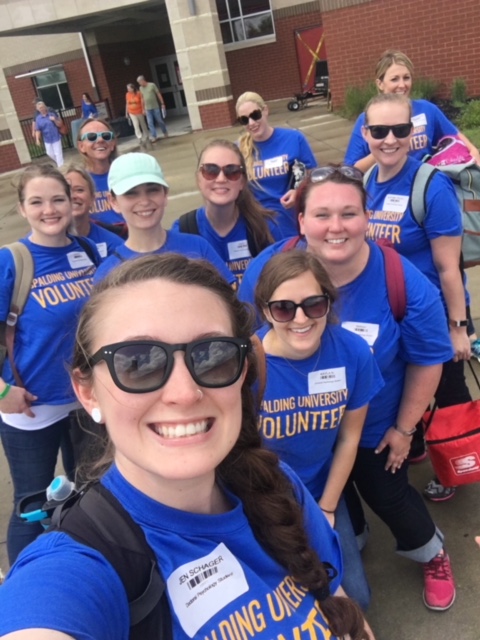
Our Doctor of Psychology in Clinical Psychology program has been continuously accredited by the American Psychological Association (APA) since 1989. The program most recently received the maximum of 10 years of reaccreditation in 2017. For further information about the accreditation status of this or any other psychology doctoral program, please contact: APA Office of Program Consultation and Accreditation, American Psychological Association, 750 First Street NE, Washington DC 20002-4242, (202) 336-5979; apaaccred@apa.org; www.apa.org/ed/accreditation/.